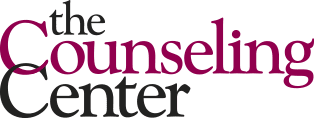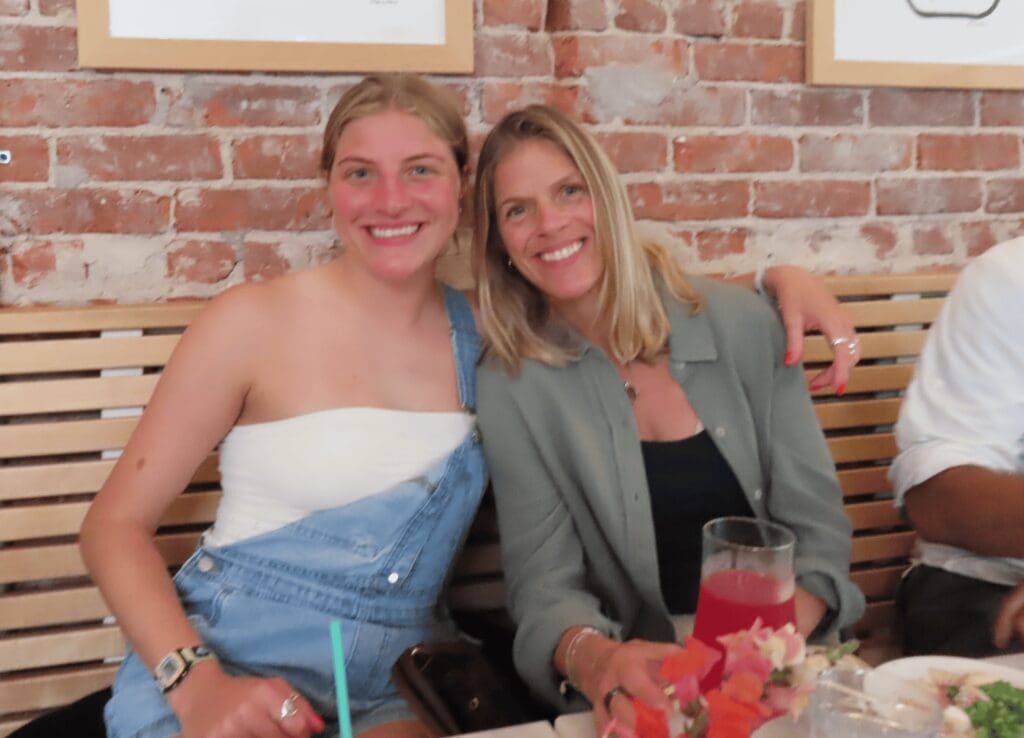
The Serenity Prayer is an invocation for wisdom to understand the difference between circumstances that can and cannot be changed. It s one of the most powerful statements to come out of the AA movement, but it has good advice for all of us:

Many of us have spent a lot of time and effort confusing those first two statements.
Twenty years ago I wrote a book entitled, Take Control of Your Life: How to Control Fate, Luck, Chaos, Karma, and Life’s Other Unruly Forces, published by McGraw Hill. Admittedly, I did not fool myself that I could really control everything in my life. The book was more about partnering with fate, taking what happens fo us and mating it better and more effective.
The idea of taking what life presents, and moving forward productively is a good way to live, and if crosses paths with what goes on in therapy. First, people come to us all the time with catastrophic things that have happened in their lives, and we help them make something constructive out of it.
Second, we also try to keep people from becoming mired in what feels bad, not paying attention fo the good things that are happening to them, and really appreciating the wonder and good energy that is all around. And third, as the prayer says, we help them come fo the wisdom to discern the difference, which is the key!



